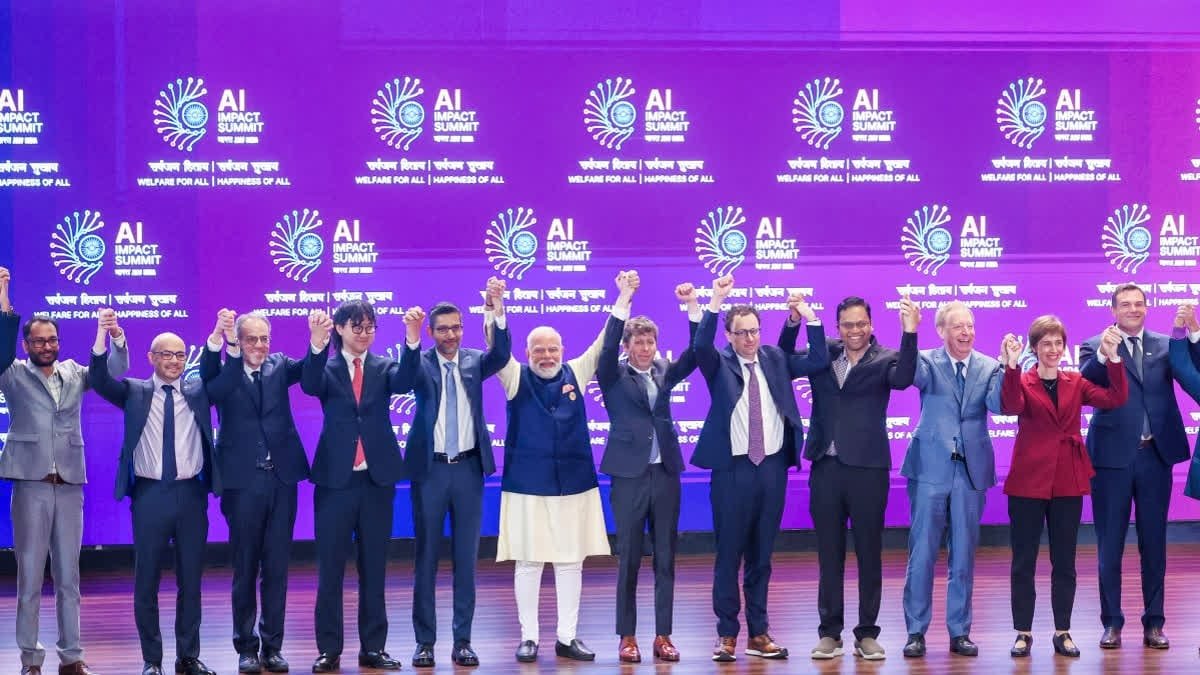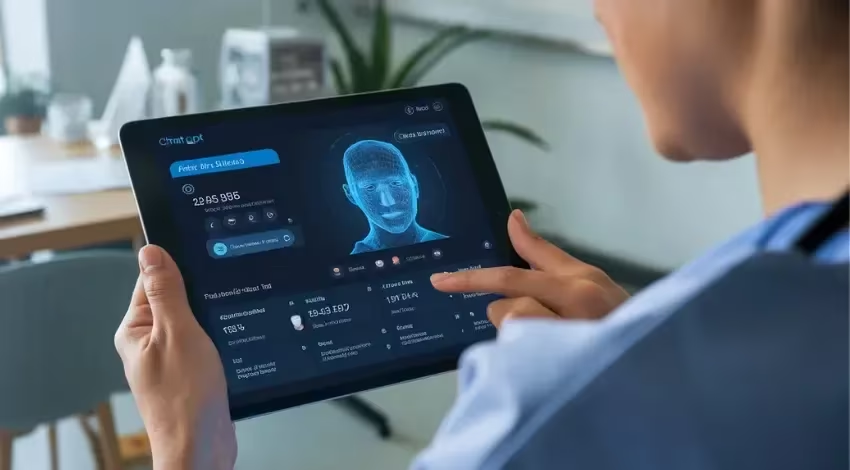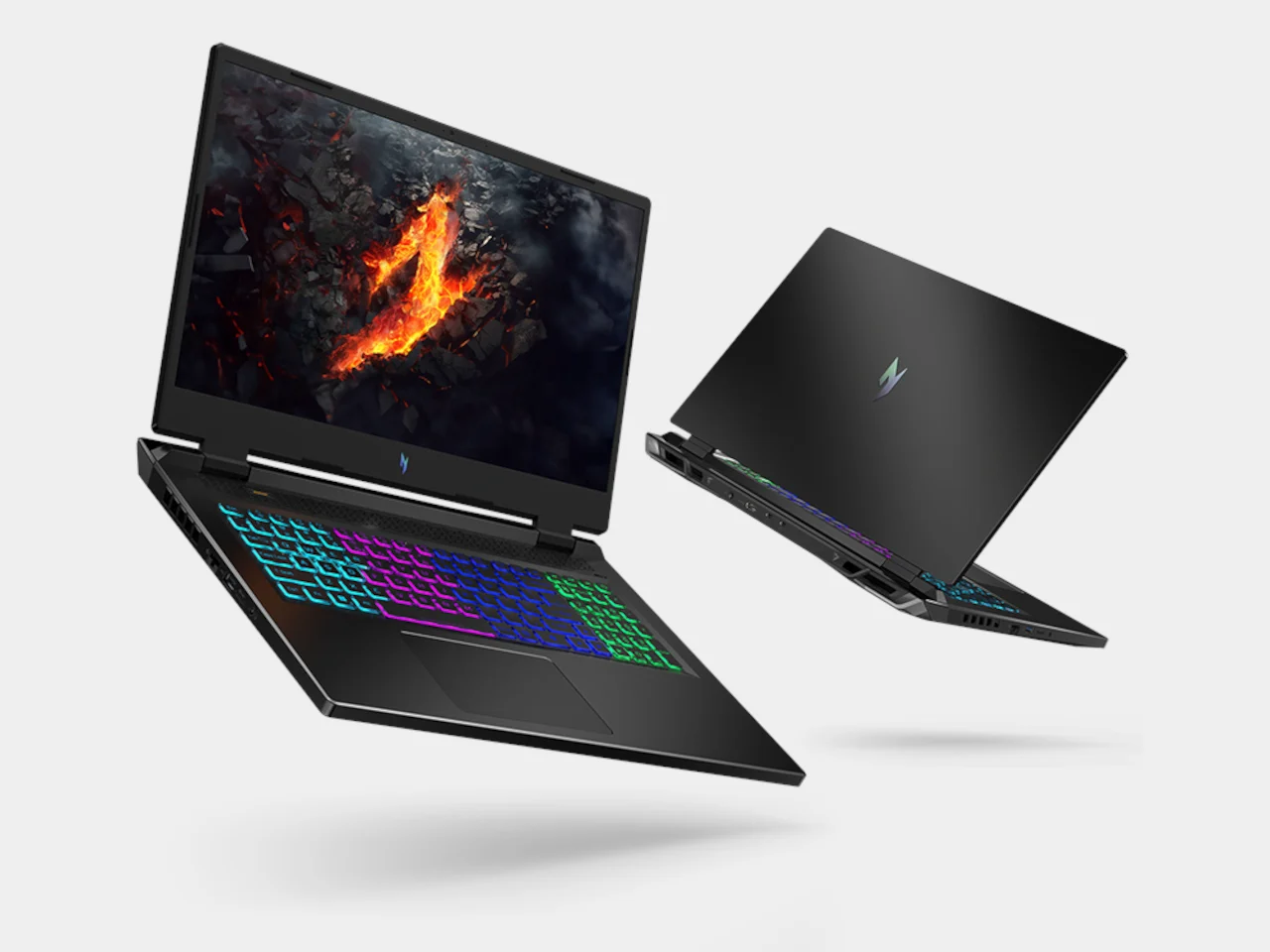Trump Slams Goldman Sachs CEO Over ‘Bad Prediction’ on Tariff Impact
Trump slams Goldman Sachs CEO David Solomon over what he described as a “bad prediction” about the impact of his tariff policies, marking yet another clash between the US President and Wall Street. On Tuesday, Trump took to his Truth Social account to accuse Solomon and the investment bank of underestimating the economic benefits of his trade strategies and overstating the potential harm to consumers.
In his post, Trump stated, “David Solomon and Goldman Sachs refuse to give credit where credit is due. They made a bad prediction a long time ago on both the Market repercussions and the Tariffs themselves, and they were wrong, just like they are wrong about so much else.”
Table of Contents
ToggleThe remarks came shortly after a Goldman Sachs research note suggested that the effects of Trump’s tariffs on consumer prices were beginning to emerge. This fresh criticism highlights an ongoing divide between the administration’s economic narrative and the assessments of major financial institutions.
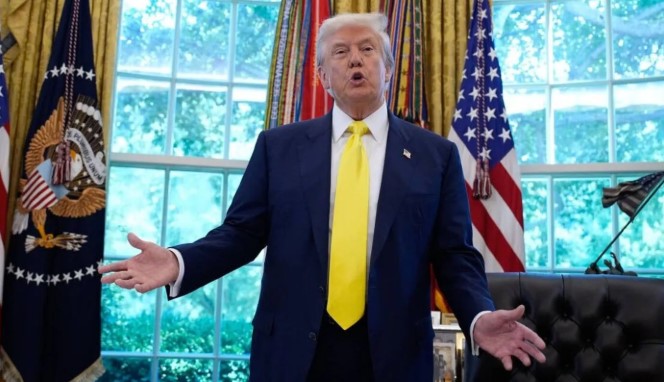
Goldman Sachs’ Tariff Estimates
According to Bloomberg, a research note by Goldman Sachs’ chief economist Jan Hatzius estimated that up to June, US consumers had borne about 22% of the cost of tariffs. If historical patterns hold, this share could rise to 67% under the new measures. The bank’s analysis implied that consumers might face increased financial pressure in the coming months — a view directly at odds with the President’s assertion that his tariffs protect American industry without causing significant harm to households.
Goldman Sachs framed its findings as data-driven, but Trump dismissed them as flawed. His post carried a personal jab at Solomon’s side career as a DJ: “I think that David should go out and get himself a new Economist or, maybe, he ought to just focus on being a DJ, and not bother running a major Financial Institution.”
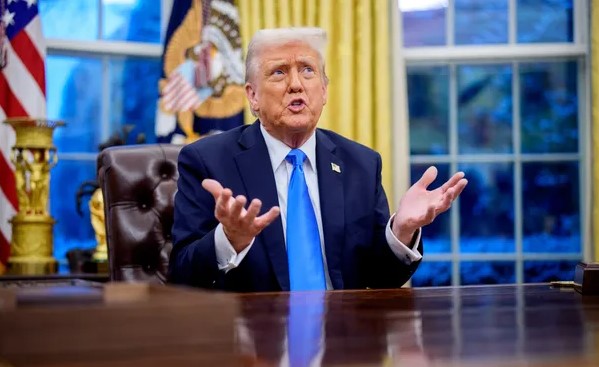
Peter Navarro Joins the Criticism
Backing the President, trade adviser Peter Navarro took aim at Goldman Sachs during a Bloomberg Television interview, comparing the bank unfavorably with the US Bureau of Labor Statistics (BLS). “The only entity which has less respect in terms of their data than the BLS these days is Goldman Sachs,” Navarro said.
This comparison came after Trump dismissed BLS Commissioner Erika McEntarfer over what he considered flawed employment data that revised earlier job growth figures downward. The President has since nominated E.J. Antoni to take over the role.
Broader Tensions With Wall Street
Trump’s rebuke of David Solomon fits into a broader pattern of skepticism toward major Wall Street banks. In recent weeks, he has accused lenders like JPMorgan Chase & Co. and Bank of America Corp. of “debanking” clients based on political leanings — allegations the banks deny.
These tensions have emerged despite occasional cooperative gestures. Less than two weeks before the latest criticism, Trump met Solomon at the White House to discuss the bank’s possible role in the long-anticipated public offering of mortgage giants Fannie Mae and Freddie Mac. The meeting suggested potential alignment on certain financial initiatives, but the goodwill did not last long.
The Economic Context
The timing of Trump’s comments coincided with fresh economic data showing that underlying inflation rose in July, although the increase in goods prices slowed. This tempered fears about tariffs driving up costs and bolstered hopes for a Federal Reserve rate cut in September.
For Trump, this was further evidence that his tariff policies were not undermining household finances in the way Goldman Sachs and other critics had suggested. He has long maintained that tariffs are a strategic tool to level the playing field in trade negotiations, particularly with China, and to encourage domestic manufacturing.
Goldman Sachs, however, bases its warnings on historical trade and price patterns. The bank argues that tariffs tend to result in higher costs for consumers and businesses over time, even if initial market responses appear muted.
Tariffs as a Political Battleground
The dispute between Trump and Goldman Sachs underscores how tariffs remain both an economic and political flashpoint. Supporters of the President’s approach view tariffs as a means of defending American jobs and industry, even at the risk of short-term price increases. Critics, including many economists, warn that such measures can distort markets, provoke retaliation from trading partners, and ultimately burden consumers.
By targeting David Solomon personally, Trump has amplified the political stakes of the debate. His jibe about Solomon’s DJ career may resonate with supporters who view Wall Street leaders as out of touch with working-class Americans. At the same time, it risks alienating segments of the business community whose cooperation the administration may need for economic initiatives.
What Happens Next
The clash between Trump and Goldman Sachs could foreshadow more confrontations with major banks as the administration continues its aggressive trade policy. With the 2024 election cycle intensifying, economic performance and cost-of-living issues are likely to dominate the political conversation.
Goldman Sachs is unlikely to back away from its data-driven assessments, even under political pressure. The bank’s credibility with investors depends on its ability to provide candid economic forecasts, regardless of political implications.
For Trump, keeping public attention on the perceived success of his tariffs — and on the failures of his critics — may be a strategic move to shore up political support. Whether or not his policies align with economists’ projections, the narrative he builds could prove influential in shaping public opinion.
Conclusion
The latest episode in the ongoing feud between the White House and Wall Street has brought tariffs, inflation, and economic forecasting into sharp focus. Trump slams Goldman Sachs CEO David Solomon not only over a “bad prediction” but also over broader doubts about the bank’s grasp of his trade policies’ real-world effects.
While Goldman Sachs warns of growing consumer costs, the President insists that tariffs are a net positive for the economy. As both sides dig in, the debate over who benefits — and who pays — from tariff policies will remain central to the economic and political discourse in the months ahead.
AI Impact Summit 2026 Unleashes Massive AI Investment on Day 4
AI Impact Summit 2026 Day 4 witnessed high-level diplomatic engagements, major investment declarations, and strong global calls for responsible artificial intelligence governance. …
IND vs NZ ODI: Virat Kohli’s Century Steals Indore Spotlight
Virat Kohli once again stood tall on the big stage, delivering a breathtaking century that lit up Indore and reminded the cricketing …
KL Rahul: Emerging as India’s New Wall in Modern ODI Cricket
KL Rahul: Emerging as India’s New Wall in Modern ODI Cricket KL Rahul is quietly carving out a reputation as […]
India vs USA U19 World Cup 2026 Live: IND Begin Campaign
India vs USA U19 World Cup 2026 Live: India Begins U19 World Cup 2026 Campaign Against USA Under Cloudy Bulawayo […]
ChatGPT Health: Powering the Next Era of Digital Health
OpenAI Launches ChatGPT Health: A Secure AI Platform to Review Medical Records and Empower Personal Healthcare OpenAI has officially introduced […]
Acer CES 2026 Unveils Predator & Nitro Gaming Laptops, AI PCs
At the Consumer Electronics Show (CES) 2026, Acer made a strong statement by expanding its presence across gaming, artificial intelligence computing, and …

